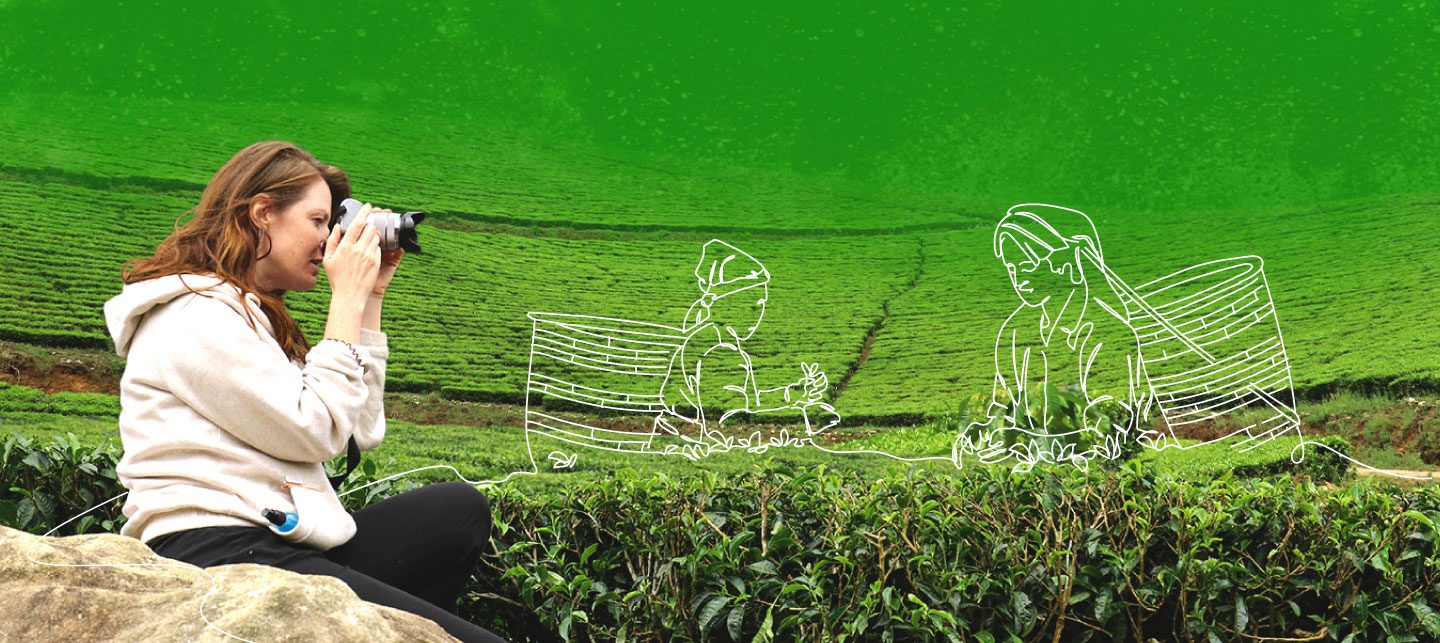Lessons from the Land
How Experiential Learning Transforms Students
In the quiet rhythm of a Kerala village, far from lecture halls and libraries, a different kind of learning unfolds—one rooted in lived experience, human connection, and cultural dialogue. Over the past few years, Ekathra’s Experiential Learning Programme has welcomed undergraduate students from across Europe into rural communities in North and Central Kerala, offering them not just insight into a new place, but also deeper reflections on themselves and the world around them.
For these students, the journey begins not in a hotel or university hostel, but in the heart of a village. They stay with local host families in traditional homestays for a duration ranging from three weeks to two months. These are not curated accommodations with rehearsed hospitality. Instead, they are vibrant, working households—farming families, artisans, small entrepreneurs—each with their own stories, routines, and worldviews.
Living in these homes means waking up to the sound of birds and the clatter of kitchen vessels. It means sharing meals on the floor, helping in the garden, or accompanying a host to the local market. Students learn how spice is dried, how jackfruit is preserved, how rituals are conducted, and how families make sense of joy and difficulty alike. This is not cultural tourism. It’s cultural intimacy—slow, respectful, and deeply human.
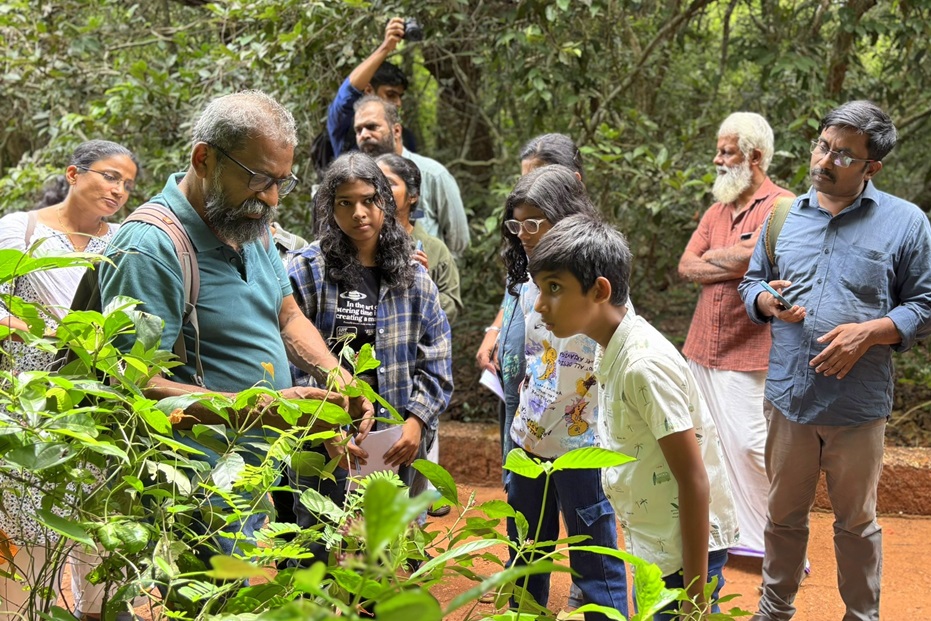
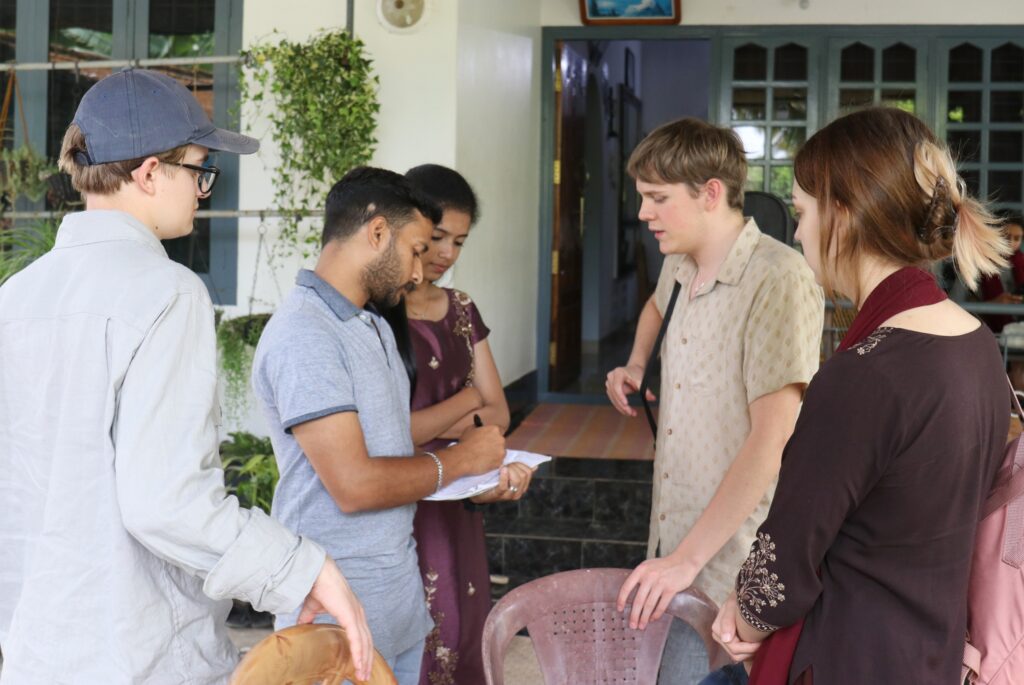
What makes this experience truly transformative is the presence of a local facilitator—often someone from the same community—who serves as an interpreter, guide, and bridge. This person doesn’t just translate language; they translate context. They help students understand the unspoken—the small gestures, the pauses in conversation, the deeper meanings behind everyday practices. Over time, they develop a genuine bond with the students, often becoming their anchor, confidant, and mentor during the stay.
The result is not just language comprehension, but emotional fluency. Students begin to notice nuances in relationships, in how people relate to land and livelihood, to caste and community, to tradition and change. They participate in conversations about farming practices, local governance, gender roles, education, and sustainability. They walk through the paddy fields not as outsiders, but as welcomed observers and learners. They attend festivals not as spectators, but as temporary members of the community.
At the heart of the programme is the academic component, where each student selects a focus area—be it climate resilience, indigenous health practices, traditional art forms, rural entrepreneurship, caste dynamics, sustainable agriculture, or local governance. Ekathra facilitates interactions with grassroots experts, activists, artisans, environmentalists, and scholars who bring grounded, real-world perspectives to these topics. These are not formal lectures, but open dialogues held in courtyards, under trees, or in local libraries—rich with stories, debates, and lived experience.
This blending of immersive living and focused inquiry creates a layered understanding that no textbook or lecture can replicate. For example, a student researching water management doesn’t just study watershed models—they help clean temple ponds with local youth. One exploring food sovereignty might spend a day harvesting vegetables, another learning how seed exchange works in women’s self-help groups. They not only hear about challenges but witness solutions, resilience, and collective wisdom firsthand.
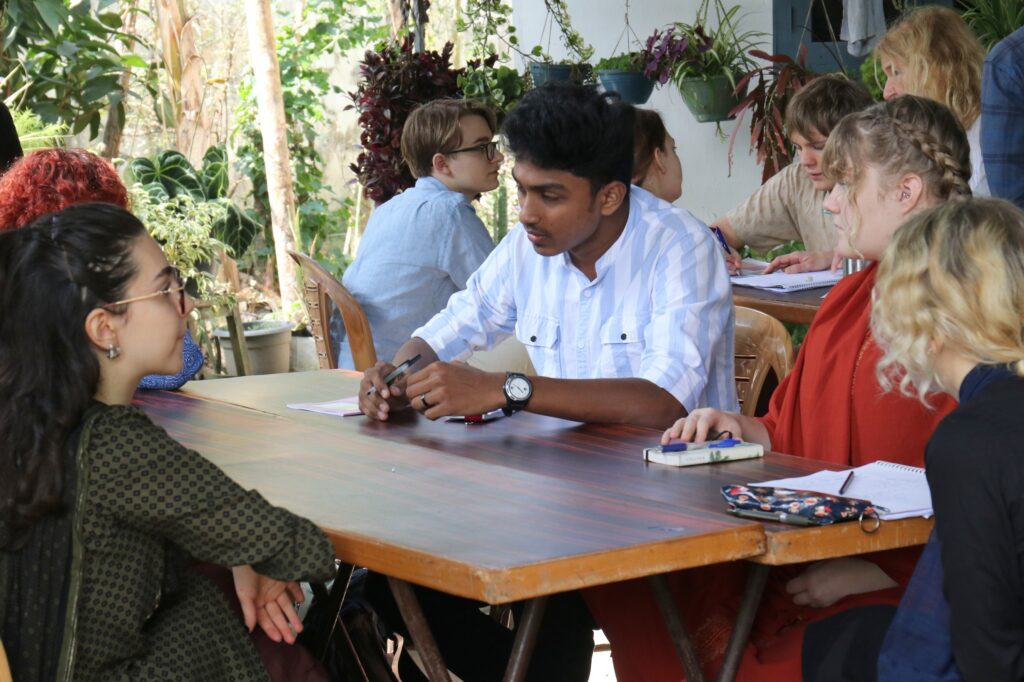
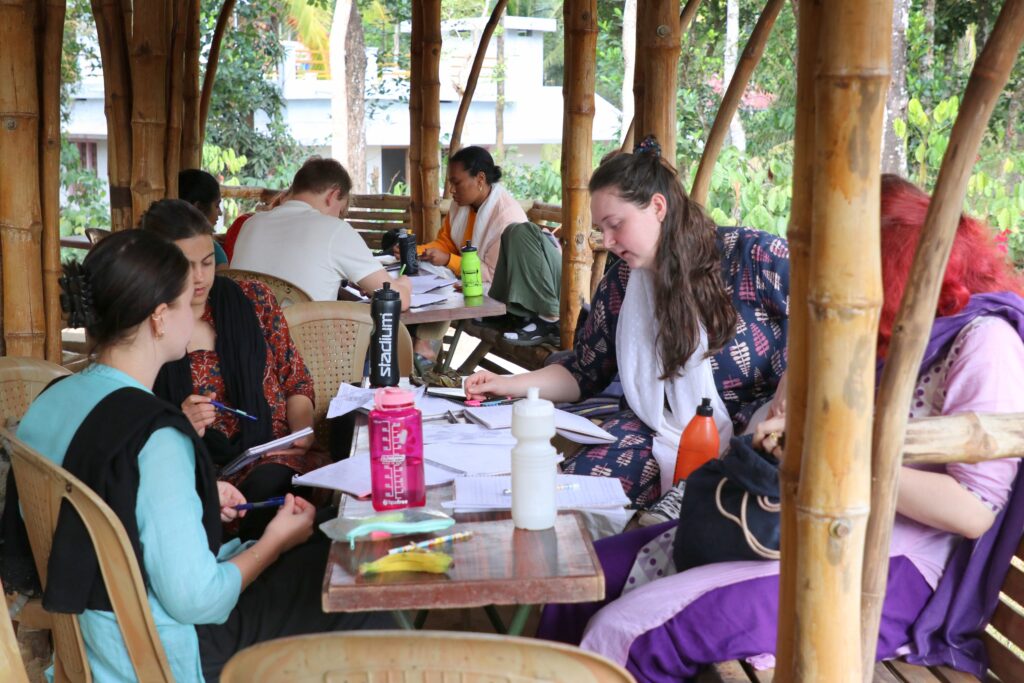
Perhaps the most lasting impact we’ve observed, however, lies beyond academic enrichment. It is in the realm of values—in the way students begin to question consumption, individualism, and speed. Many return home with a renewed appreciation for community life, for interdependence, for the quiet dignity of simplicity. They speak of the patience they saw in elders, the strength of women-led collectives, and the unspoken ethics of care that shape village life.
Some students have told us that their time in Kerala made them rethink career choices, politics, even their understanding of happiness. Others say it helped them confront their own cultural assumptions. But what they almost always mention is the warmth of the people they met—the grandmother who taught them how to cook, the school child who practiced English with them every morning, the neighbour who invited them to a temple festival, the farmer who walked them through a monsoon-soaked field while speaking of dreams.
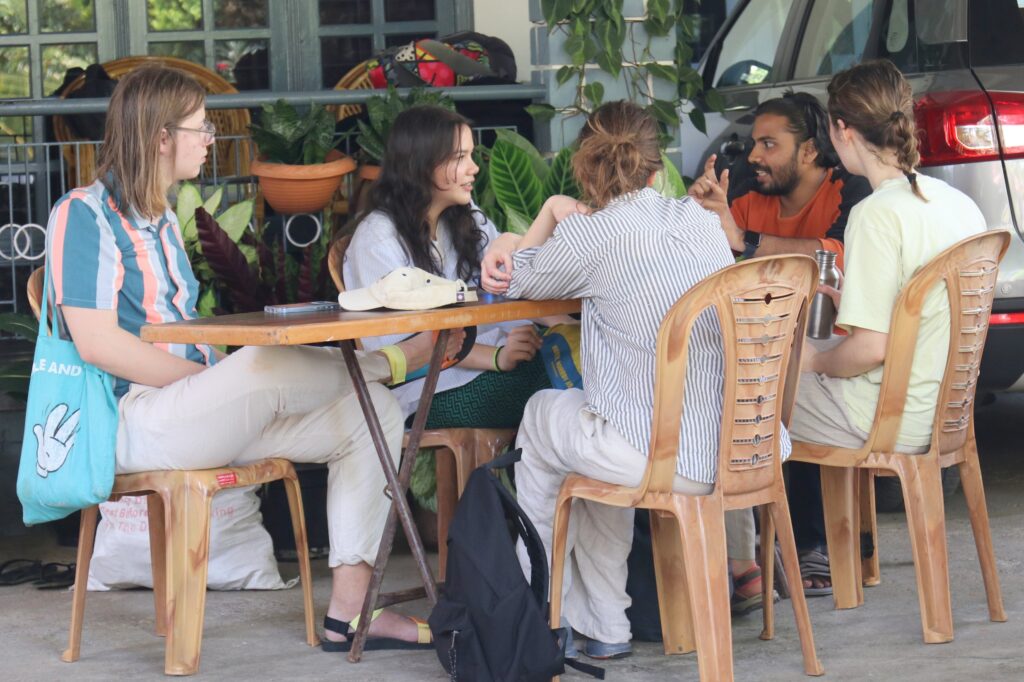
In an increasingly divided and fast-paced world, these human connections are the real curriculum. They cultivate humility, empathy, and perspective. They help young people become not just better students, but better citizens of a shared planet.
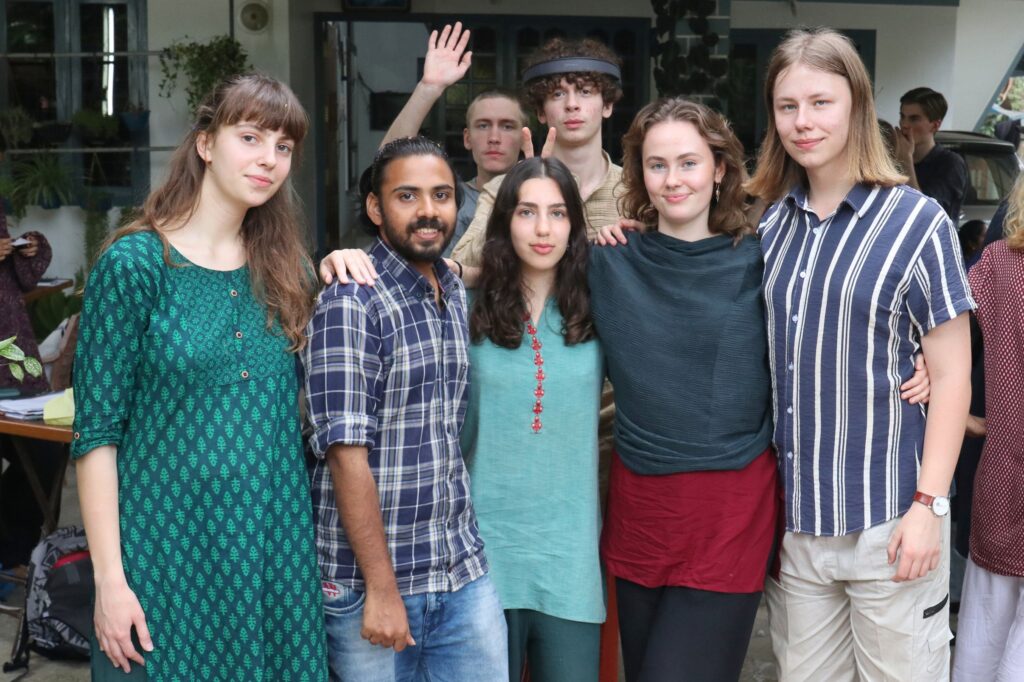
At Ekathra, we believe education must go beyond the classroom. It must feel like life—messy, beautiful, unpredictable, and rooted in relationship. The Experiential Learning Programme is our offering towards this vision. A bridge between worlds. A space where stories are shared, values are questioned, and lifelong friendships begin.
